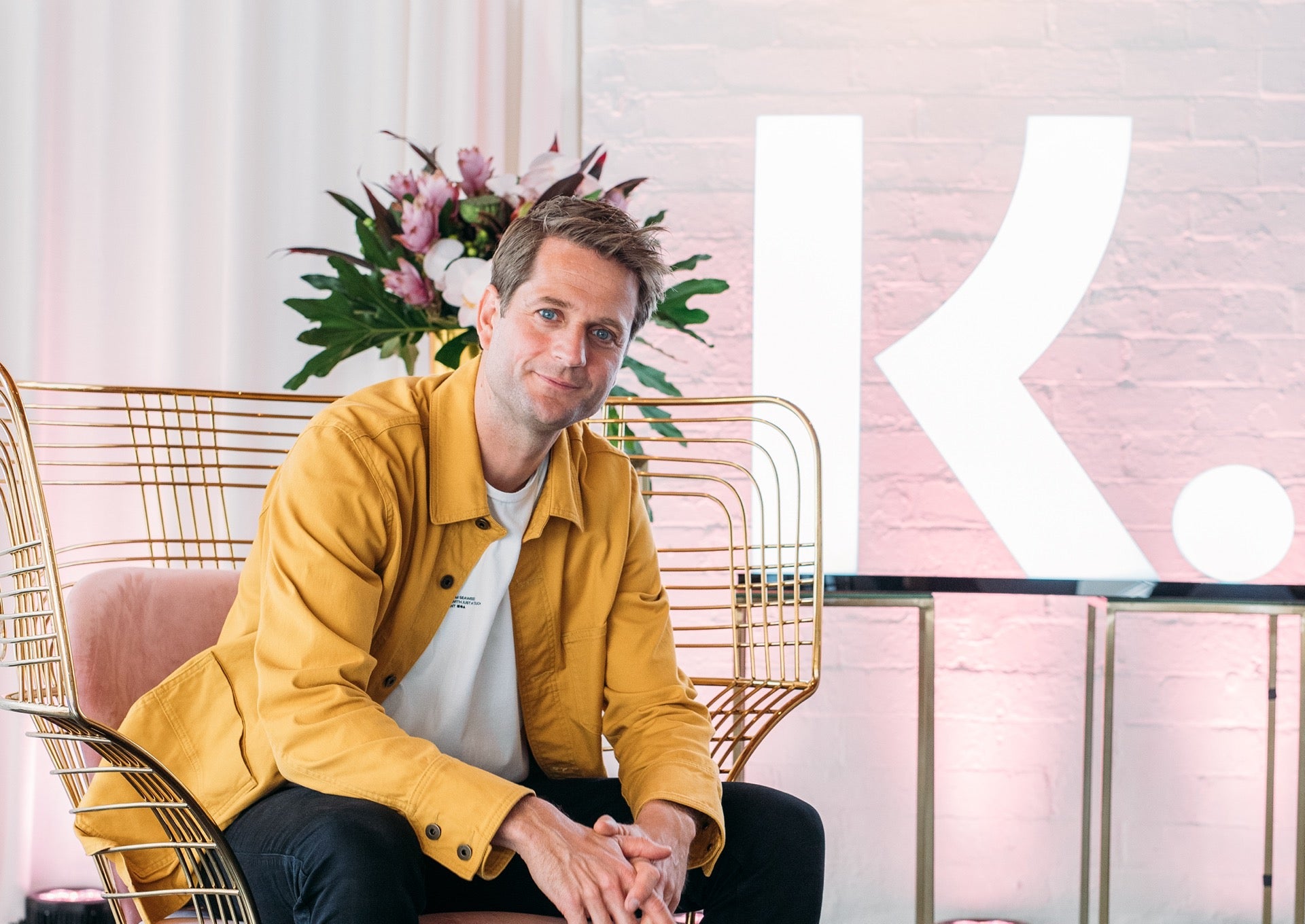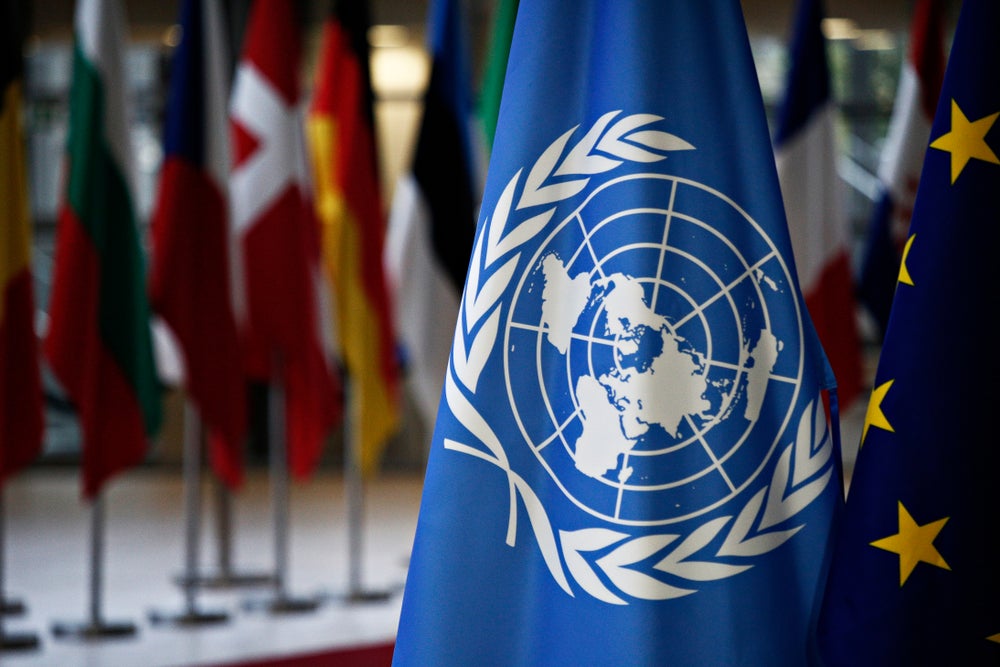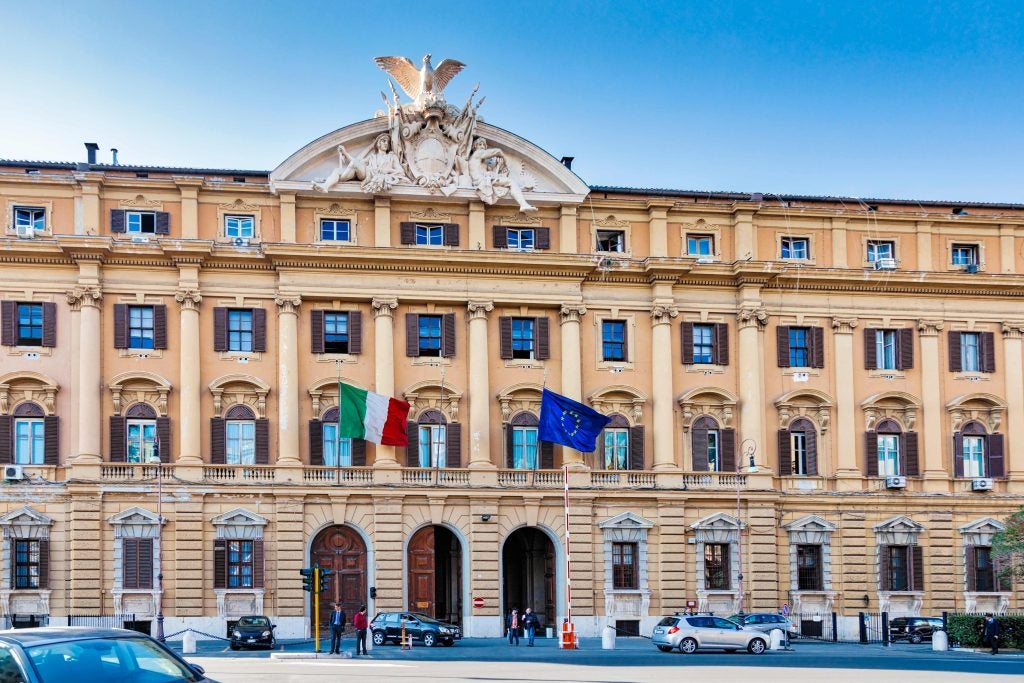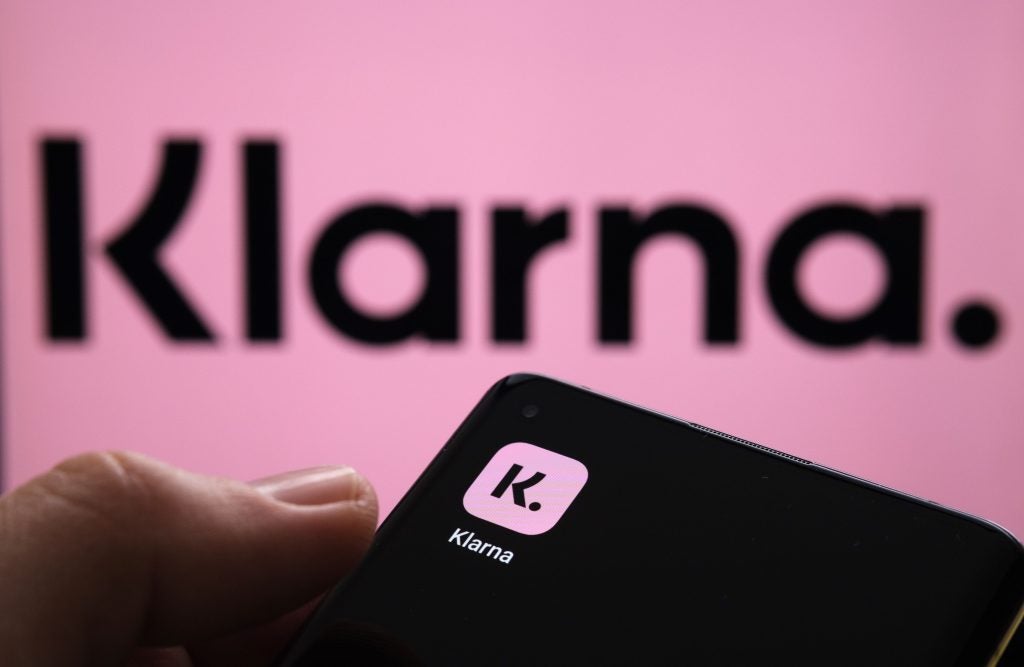
Buy-now-pay-later goliath Klarna is arguably Europe’s most valuable privately-owned tech company. However, the growth of the $45.6bn behemoth has put it in the crosshairs of the Swedish financial markets regulator, which has essentially said it won’t let Klarna become the next Wirecard.
Erik Thedéen, general director of Finansinpektionen, has said Klarna will face the watchdog’s second-highest level of scrutiny.
Thedéen made the comment in an interview with Dagens Industri in the context of German payment processing giant Wirecard collapsing following a multi-billion dollar scandal. Since then, regulators such as BaFin have been criticised for their lax inspections of Wirecard, enabling the scam to remain undetected for years.
Wirecard has since gone into administration, been chopped up and sold for scrap. IDnow and Railsbank are two of the companies who’ve swooped in to pick at the carcass of the German fintech. Several top Wirecard executives have been arrested following the revelations of the criminal racket.
Following the fallout from the Wirecard collapse, Finansinspektionen’s general director was asked if Klarna will be probed more intensely now, especially since it’s still heavily reliant on outside funding. In June it received $639m in a SoftBank-led investment round that put it firmly in the quadradecacorn club, along with a $1bn round raised in March.
If it hadn’t been for these funding rounds, Klarna’s losses might have been bigger than what the company could handle.
How well do you really know your competitors?
Access the most comprehensive Company Profiles on the market, powered by GlobalData. Save hours of research. Gain competitive edge.

Thank you!
Your download email will arrive shortly
Not ready to buy yet? Download a free sample
We are confident about the unique quality of our Company Profiles. However, we want you to make the most beneficial decision for your business, so we offer a free sample that you can download by submitting the below form
By GlobalData“Klarna is now a Category 2 company, so we will conduct stress tests more often and this particular question will obviously be one that will be considered ahead of any decision we have ahead of us – if this level of risk is compatible with the demands put on this bank,” Thedéen said, according to Breakit who quoted the Dagens Industri article.
It should, however, be noted that Finansinpektionen categorised Klarna as a Category 2 business in September 2020.
Thedéen added that Finansinpektionen’s Klarna scrutiny will consider the BNPL firm’s reliance on outside finance.
“It’s true what you’re saying that this is what’s so special with this bank, compared to other banks, and it’s obviously something that must be considered when any decision or discussion is had,” Thedéen said.
He also denied that Finansinpektionen is giving Klarna any special treatment, despite allowing it to be reliant on external funding.
Finansinspektionen’s Klarna statement comes after a year of considerable growth in the BNPL sector. Recent GlobalData thematic research estimates that the worldwide BNPL sector will be worth $166bn by 2023. Other significant players in the industry include Aferpay, PayPal and Zilch.
The growth of the sector has coincided with regulators in the US and the UK launching or expected to launch new rules for the BNPL market to ensure companies don’t put the financial health of their users at risk.
Klarna has welcomed these initiatives and a spokesperson has told Verdict that “Klarna’s default rate in the UK is well below 1% which is much better than credit cards and demonstrates that people use our products sustainably.”






